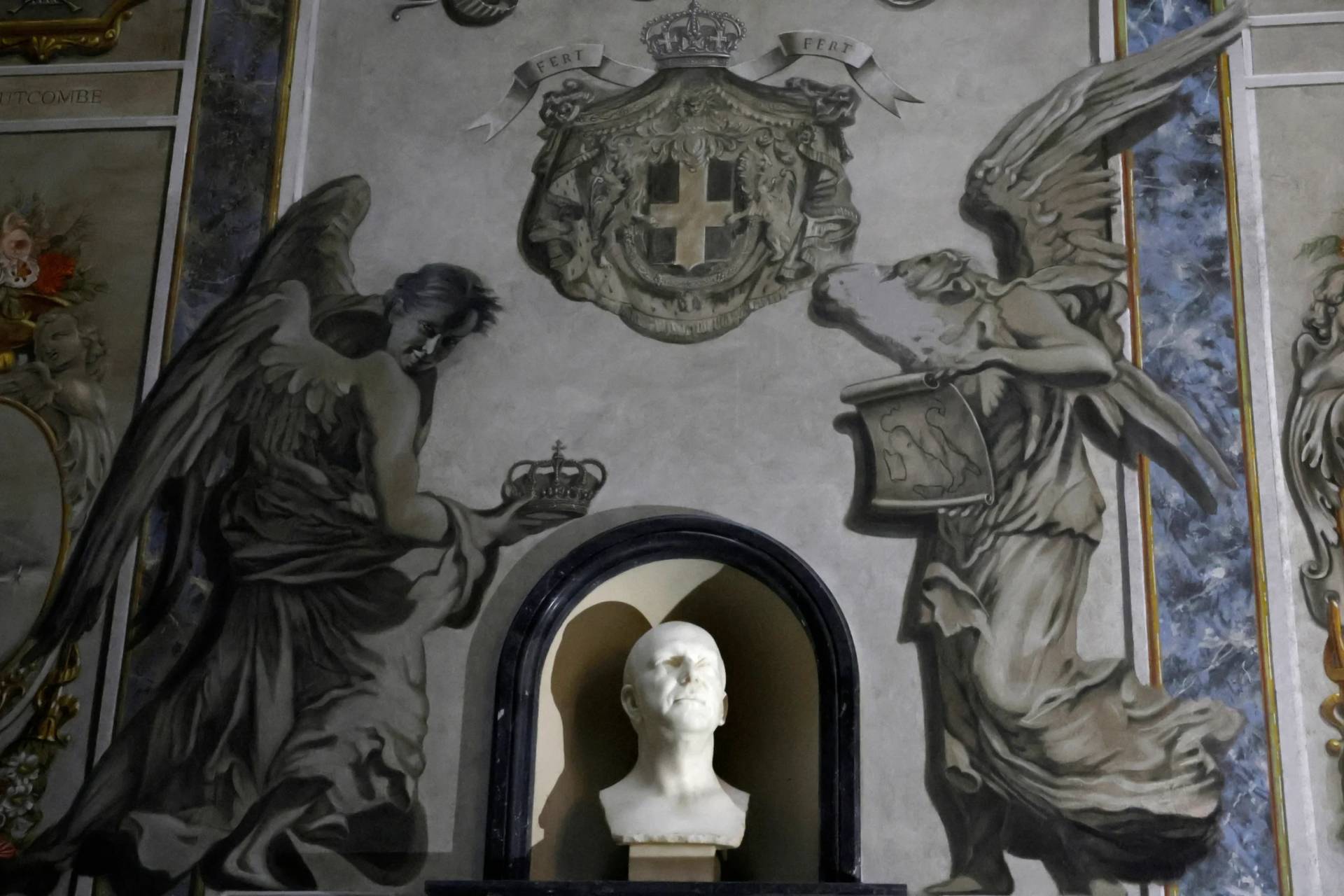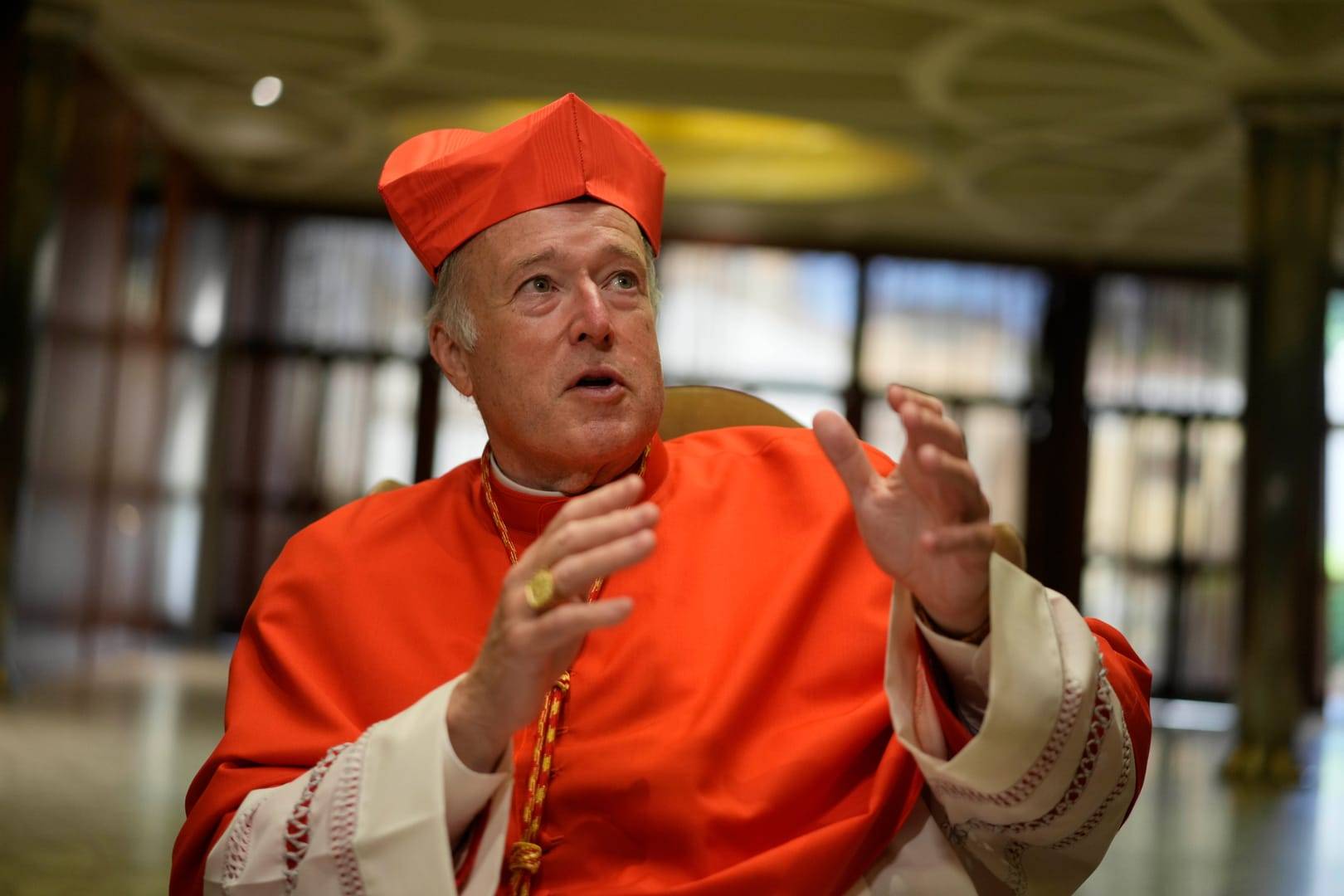LEICESTER, United Kingdom – Scotland’s Catholic Church is urging the Scottish Parliament to reject proposed legislation allowing assisted suicide.
Liam McArthur, a Liberal Democrat Member of the Scottish Parliament, lodged the final proposal for the Assisted Dying for Terminally Ill Adults (Scotland) on Thursday.
As a private members’ bill, McArthur will have to get support from other parliamentarians for the bill to proceed. However, he says he is “confident of receiving the necessary signatures from my MSP colleagues which allows me to proceed with the drafting of a bill I hope to introduce to Parliament next year.”
During the public consultation that was held on the bill, over 14,000 people responded, the highest ever number for a private members’ bill in the Scottish parliament, with the vast majority supporting the measure.
McArthur said the proposed legislation would bring “peace of mind in their final months knowing that if they need it when the time comes they can have a peaceful death that is right for them.”
“I have also been particularly struck by many harrowing accounts from those who witnessed their loved ones endure a bad death,” he said.
“They sent a powerful message that, even with excellent palliative care, the option of an assisted death would have made such a difference in terms of reducing unnecessary suffering,” the MSP continued.
However, Anthony Horan, director of the Catholic Parliamentary Office, called the proposed legislation “frankly dangerous.”
“It risks undermining the provision of palliative care and undermining efforts to prevent suicide; it will make the most vulnerable people, including the elderly and disabled, feel like a burden and its safeguards will prove futile. The current law is the safeguard. We should be caring for people, not killing them,” he said.
“It is understandable that most people responding to the consultation supported the idea of a dignified death – we all do, but killing someone who is ill, is never dignified. The fact that a letter signed by 175 health care professionals from a variety of specialties has already outlined numerous concerns, highlights how dangerous this proposal is,” Horan continued.
“The Catholic Church would urge Scottish politicians to learn of the dangers that have already been seen abroad, particularly intolerable pressure on the vulnerable, disabled or elderly to end their lives prematurely,” he said.
Dr. Elder-Woodward, the chair of the Scottish Independent Living Coalition and an honorary research fellow at the University of Glasgow, told the BBC the legislation would put pressure on people with disabilities to end their lives.
“There is a possibility that [McArthur’s bill] will go through, in which case I fear for the future of disabled people because no matter how confident politicians are around protecting the safeguards, nobody can guarantee the future and what it will bring,” he told the broadcaster.
“The assisted dying bill is the edge of the wedge that might open a real disaster for disabled people in the future and that their citizenship will be gone because nobody can guarantee the safeguards of the present bill will be retained in the future. Not one disabled people’s organization is in favor of assisted dying,” said Elder-Woodward, who has cerebral palsy.
A previous attempt to legalize assisted suicide in Scotland was defeated in the Scottish Parliament in 2015.
Follow Charles Collins on Twitter: @CharlesinRome













